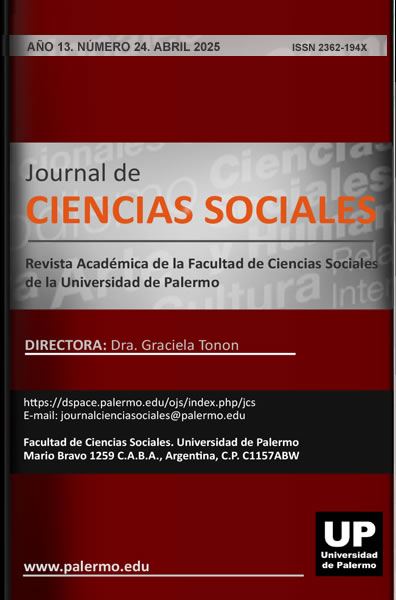UNESCO Story Circles for developing intercultural competences in higher education students within a heterogeneous society context
Abstract
Story Circles were designed by Dr. Darla Deardorf (2020) together with UNESCO as a practical intercultural tool for developing and practicing intercultural competences that can be used with different groups of people in many settings around the world. Story Circles help participants develop intercultural competences such as listening for understanding, cultural curiosity, empathy and reflection about differences. They can be utilized in a variety of settings in order to improve human interactions across difference, whether within a society (differences due to age, gender, religion, socio-economic status, political affiliation, ethnicity, and so on) or across borders. Although some articles have been published on Story Circles with participants of different nationalities, in this study we use Story Circles to reflect on the differences between people within the same society and with the supposed “same culture”. In this research we used the Story Circles within students of an official Higher Education Institution dedicated to Spanish Letters. We organized three small groups of mostly Argentinean participants who completed a feedback questionnaire at the end of the experience. Seeing that Argentine society is profoundly heterogeneous in its beliefs, practices, rituals, and identifications, we tried to verify if the emotional connections that Story Circles usually produce among people involved in them are expressed in our participants’ feedback. The findings corroborate positive reviews by all participants, and the proposal of Story Circle methodology as a complementary training activity for intercultural competences was highly appreciated by all the participants.
Downloads
References
Deardorff, D. (2020). Manual for developing intercultural competencies. Story Circles. UNESCO. https://unesdoc.unesco.org/ark:/48223/pf0000370336
Grimson, A. Karasik, G. (2017). Estudios sobre diversidad cultural en la Argentina contemporánea. CLACSO. https://www.argentina.gob.ar/sites/default/files/diversidad_sociocultural.pdf
United Nations Educational, Scientific and Cultural organization (UNESCO). (2006). Guidelines on Intercultural Education. Paris. https://unesdoc.unesco.org/ark:/48223/pf0000147878
United Nations Educational, Scientific and Cultural organization (UNESCO). (2013a). Intercultural competencies: Conceptual and operational framework. http://unesdoc.unesco.org/images/0021/002197/219768e.pdf
United Nations Educational, Scientific and Cultural organization (UNESCO). (2013b). UNESCO’s programme of action: Culture of peace and nonviolence. https://unesdoc.unesco.org/ark:/48223/pf0000217786
The authors retain the rights to their work guaranteeing this journal the right of first publication, committing to cite the Journal of Social Sciences as a reference of the original publication.
The works published in the Journal are published under the terms indicated in the Creative Commons License with the International Attribution 4.0 (CC BY 4.0).




























